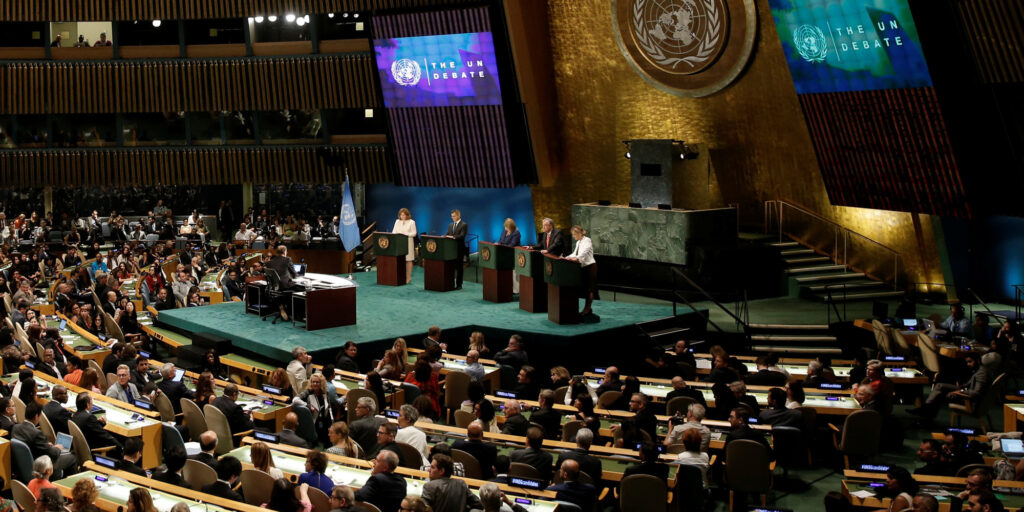In tackling Nigeria’s persisting energy crises, renewable energy technology is being introduced to the nation’s energy mix. However, despite the country’s massive potential for renewable energy, many projects face numerous challenges, including a lack of funding. Hence, it is pertinent that stakeholders develop ways of enabling access to renewable energy finance in Nigeria.
Nigeria’s Renewable Energy Master Plan (REMP) seeks to increase renewable electricity supply from 13 per cent of total electricity generation in 2015 to 23 per cent in 2025 and 36 per cent by 2030. Also, renewable energy is expected to account for 10 per cent of the total energy consumption in Nigeria by 2025. However, one of the most important parameters to implement the REMP successfully is adequate financing for renewable energy projects. This article will explore barriers faced in accessing finance for renewable energy development in Nigeria and proffer solutions.
One significant barrier to accessing energy finance in Nigeria is the lack of funding sources and high-interest rates charged by financial institutions. Most of the investments in renewable energy projects come from international organizations, development banks, and private sector investors. However, there is limited access to funding for renewable energy projects through local financing sources, such as commercial banks. This lack of funding makes it difficult for renewable energy developers to secure the necessary financing to bring projects to fruition.
However, the government can help address this challenge of lack of funding through various means. These means include incentivizing local banks to finance renewable energy projects and providing tax credits and other financial support to encourage private sector investment in renewable energy. Additionally, the government can work with international organizations and development banks to offer more financing options for renewable energy projects in the country.
In Nigeria, insecurity and acts of vandalism are also major challenges to successful business operations and management. The Northern and Eastern regions have been plagued by insurgent activities from different terrorist groups, leading to the widespread destruction of infrastructure. This looming insecurity has created a high-risk environment for local and foreign companies to invest in renewable energy projects, which are vulnerable to vandalism or destruction.
The Nigerian government should channel efforts towards investing in security measures, strengthening law enforcement, implementing regulations and policies to protect renewable energy installations, and promoting public awareness and support for renewable energy. This would also contribute to enabling access to renewable energy finance in Nigeria by boosting investor confidence in the security of projects.
Lack of technical or commercial skills and information may also hinder access to energy finance for renewable energy projects. The shortage of skilled individuals who can install, operate, and maintain renewable energy technologies may be an issue. Project developers may face challenges in acquiring technical, financial, and business development skills. As a result, the perceived lack of skills and information can raise uncertainties and influence funders’ decision-making against bringing investments to the region. Hence, the government must continue to invest in capacity building and training programs for professionals in these areas, thus creating a large pool of experts.
Implementing the recommended solutions above would enable access to renewable energy finance in Nigeria. Improving access to renewable energy finance will ensure these resources are accessible to many stakeholders, including project developers, consumers, and other energy market participants. These efforts will likely require a combination of policy measures, financial innovations, and educational initiatives to increase awareness and understanding of renewable energy projects.



